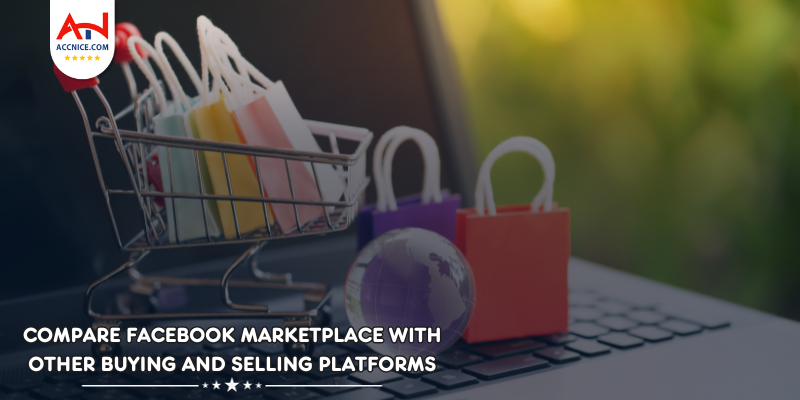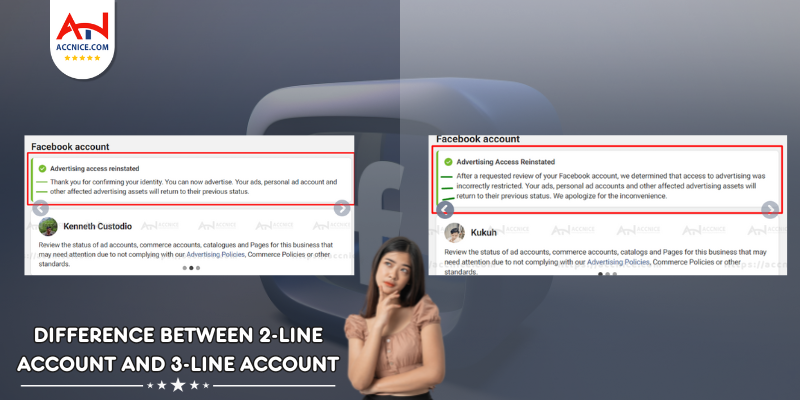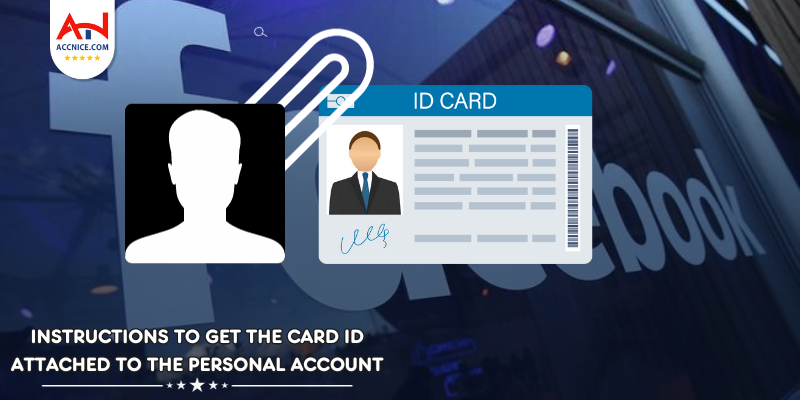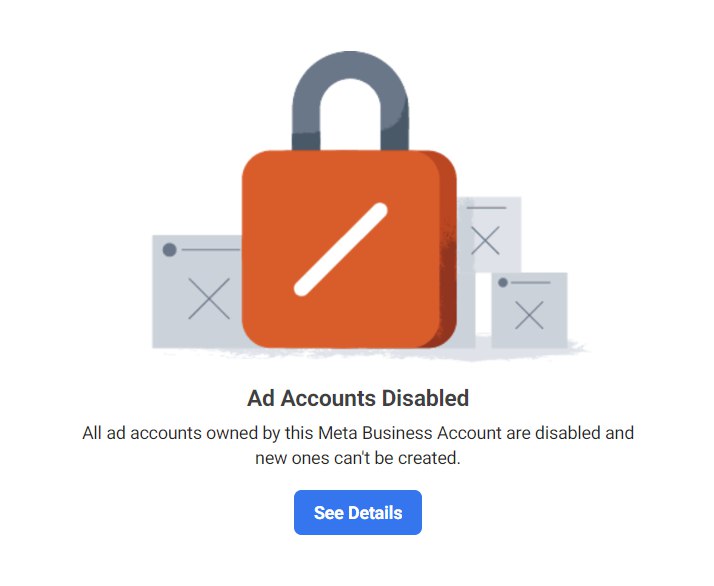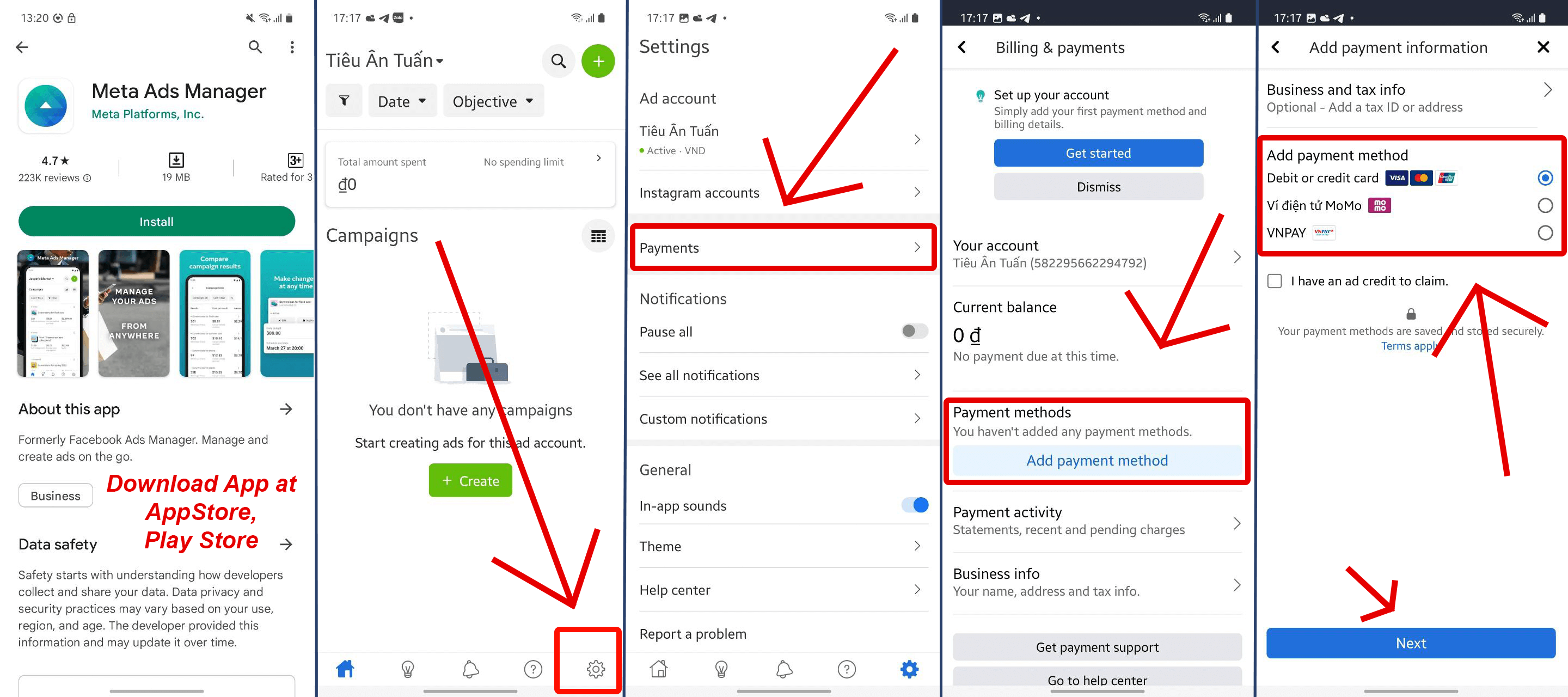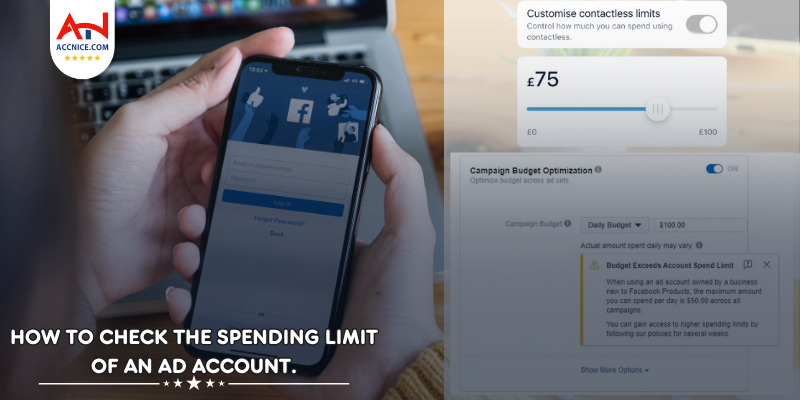Comparing Facebook Marketplace to Other Selling Platforms
824 vỉew
Writing date: 2023-11-26 14:16:16

The rise of e-commerce has opened a plethora of avenues for sellers to showcase their products. Facebook Marketplace has emerged as a popular option alongside established online selling platforms. Each channel offers unique features that can benefit sellers in different ways. This detailed guide will help you understand how Facebook Marketplace stacks up against other selling platforms, aiding in refining your online sales strategy.
Facebook Marketplace vs other platforms
Facebook Marketplace: Integrating Commerce with Social Media
The Social Selling Edge:
Facebook Marketplace leverages the power of social interaction, allowing sellers to engage with customers where they already spend a significant amount of time.
Simplified Listing and Local Focus:
It provides a straightforward approach to listing items, with an emphasis on local buying and selling, which can be advantageous for quick sales and reducing shipping complications.
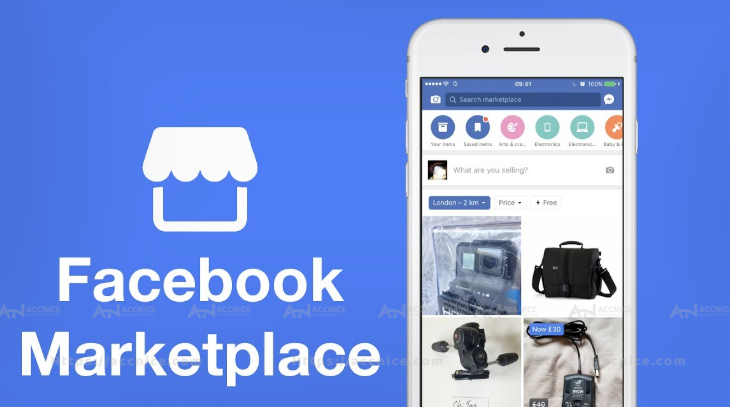
Other Online Selling Platforms: Diversity and Specialization
Broad E-commerce Ecosystems:
Platforms like Amazon, eBay, and Etsy cater to various seller needs, from those offering unique handmade goods to retailers with large inventories.
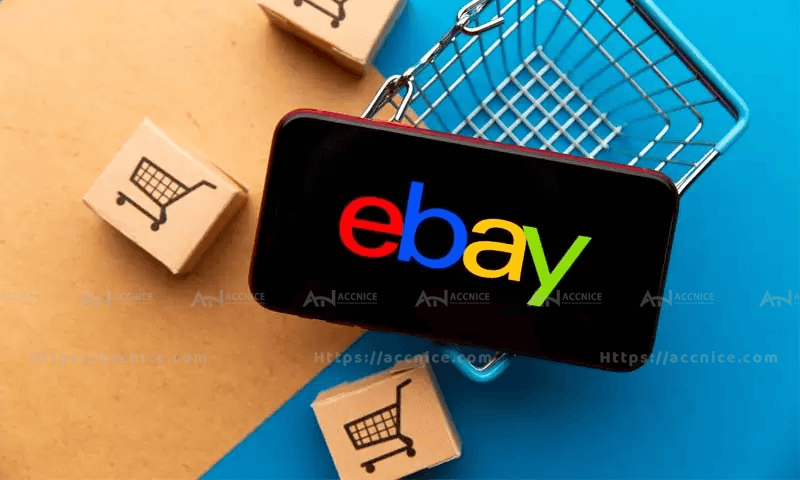

Specialized Features and Services:
These platforms often come with robust seller tools for inventory management, marketing automation, and detailed analytics.
User Experience and Customer Reach
Marketplace Accessibility:
Facebook Marketplace is known for its ease of use, making it accessible to individuals and businesses alike. The platform's integration with Facebook profiles can also create a more personal buying experience.
Global Marketplaces:
Platforms like Amazon and eBay provide access to a global customer base, along with sophisticated logistics solutions like international shipping and fulfillment services.
Fees and Financial Considerations
Keeping Costs in Check:
Facebook Marketplace is attractive for its lack of listing fees, offering a cost-effective solution for sellers, whereas other platforms may charge listing fees, transaction fees, or subscription costs.
Profit Margins and Scalability:
While fees on platforms like Amazon and eBay can cut into profit margins, they also provide scalability options that can lead to larger sales volumes.
Trust and Security
Marketplace Trust Factors:
Facebook Marketplace relies on the social profiles of buyers and sellers to establish trust, but it doesn't offer a built-in payment system, which can be a downside for some users.
Secure Transactions on E-commerce Platforms:
Other selling platforms have established secure payment processes and buyer protection policies, fostering a secure environment for transactions.
Deciding on the Right Platform for Your Business
Matching Platform to Product Type:
Consider where your products fit best. For instance, unique or niche items might perform better on Etsy, while everyday products could see more success on Amazon or eBay.
Weighing the Benefits Against the Costs:
Evaluate the cost-benefit ratio of each platform. Higher fees might be justifiable if the platform offers a larger customer base, better shipping solutions, or more advanced selling tools.
Conclusion:
Choosing the right online selling platform is critical to your business's success. Facebook Marketplace offers the advantage of social connectivity and low costs, while other platforms provide broader reach and specialized seller services. Assess your business model, product types, and growth ambitions to determine the best fit for your online selling strategy.


